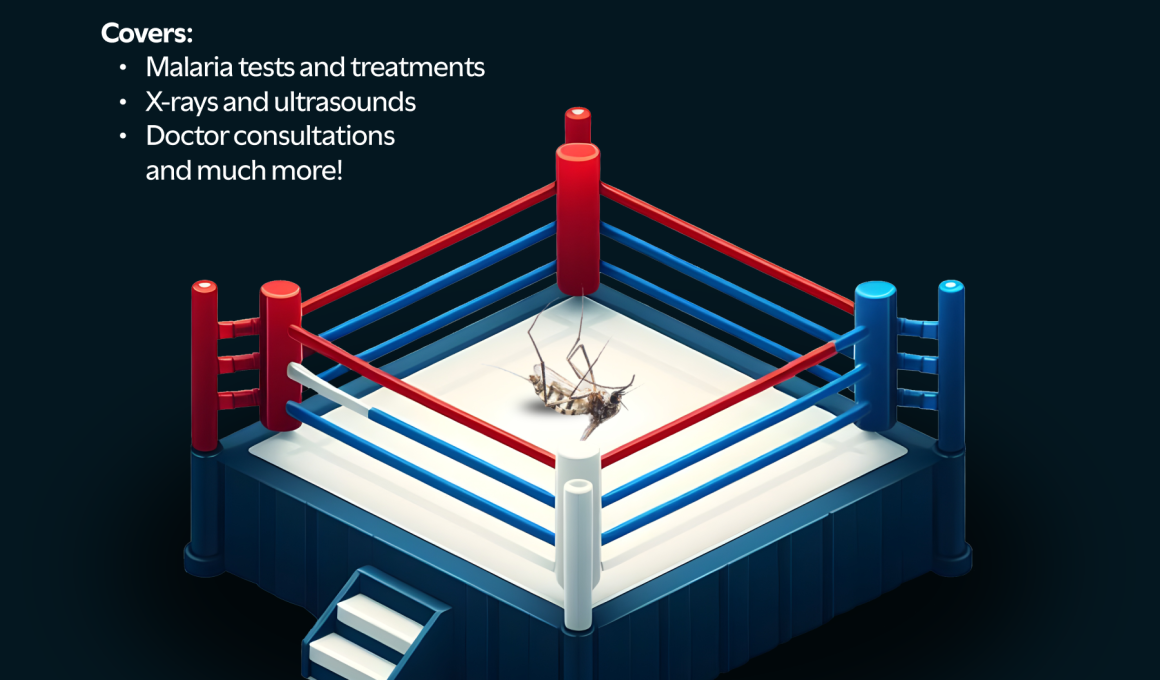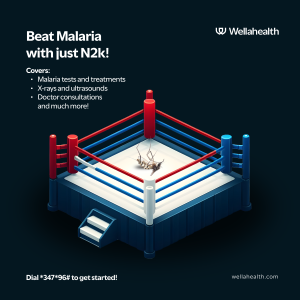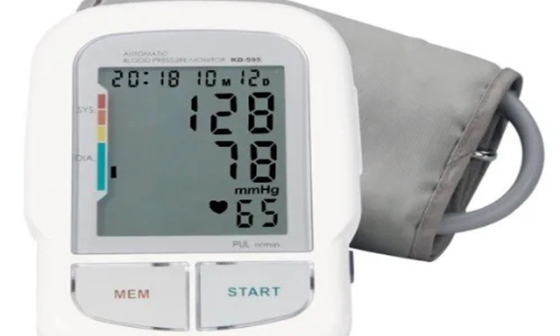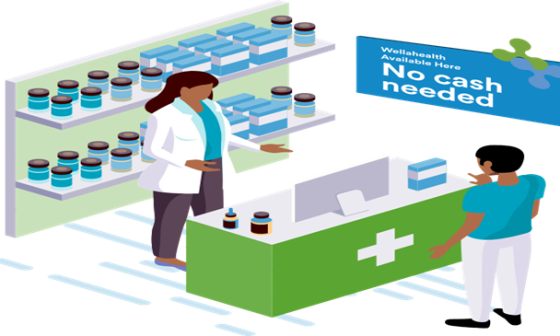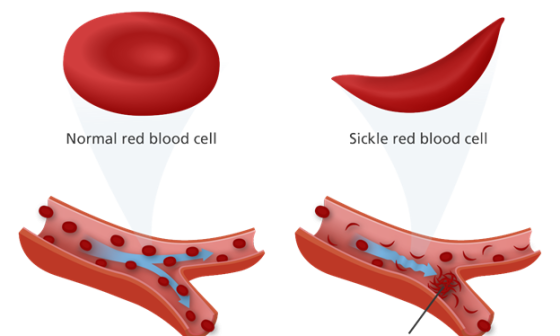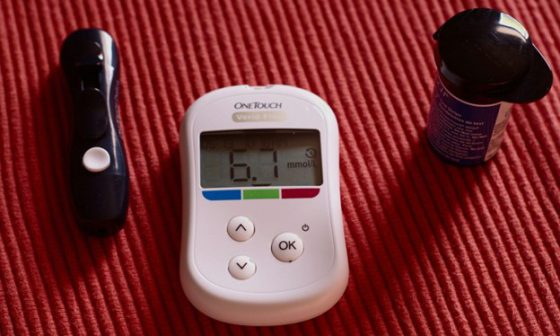Introduction
Malaria remains a significant public health concern in Nigeria. According to the latest World Malaria report, there were 249 million cases of malaria in 2022 compared to 244 million cases in 2021. The estimated number of malaria deaths stood at 608,000 in 2022 compared to 610,000 in 2021.
The WHO African Region continues to carry a disproportionately high share of the global malaria burden. In 2022 the Region was home to about 94% of all malaria cases and 95% of deaths. Children under 5 years of age accounted for about 78% of all malaria deaths in the Region.
Nigeria alone accounts for a staggering 26.8% of malaria deaths worldwide. This mosquito-borne disease not only threatens lives but also places immense strain on households, communities, and the economy at large. Several studies have identified malaria as a leading cause of loss of economic productivity, largely due to worker absenteeism.
This article will discuss the nature of this disease, its deleterious effects on the population, and the importance of preventive measures and appropriate, timely treatment.
What is Malaria?
Malaria is a life-threatening disease caused by parasites transmitted to humans through the bites of infected female Anopheles mosquitoes. In Nigeria, this disease is prevalent due to the tropical climate, which provides ideal breeding conditions for mosquitoes. While malaria can be fatal if untreated, it is both preventable and treatable. Early diagnosis and timely treatment are critical in reducing the risk of complications.
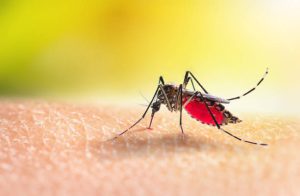
Common Symptoms of Malaria
Malaria symptoms typically appear 10-15 days after the infected mosquito bite. However, some individuals may develop symptoms months after exposure. The early signs can sometimes be mistaken for other illnesses, so it is important to recognise the key indicators such as:
- Fever
- Chills and Sweating
- Headaches
- Muscle Aches and Fatigue
- Nausea and Vomiting
While some people develop more severe complications, such as organ failure, seizures, or coma, early treatment typically prevents these life-threatening outcomes.
How Malaria Affects Nigerians
Nigeria bears an unequal burden of the global malaria caseload. Nearly everyone in Nigeria is at risk of contracting malaria. Still, it mostly affects children under five, pregnant women, and individuals in rural areas where access to healthcare may be limited. As a result, malaria accounts for 30% of under five years old-mortality and 25% of infant mortality
Credit: https://www.doctorswithoutborders.org/
Here are some ways malaria affects Nigerians:
- Economic Burden: Families spend a large portion of their income on malaria treatment, which can be particularly tough on low-income households.
- Healthcare System Strain: Malaria cases account for a substantial proportion of hospital admissions and outpatient visits. This overburdens the healthcare system, leading to overcrowded facilities and overstretched resources.
- Child Mortality: Malaria is a leading cause of death among children under the age of five. Its toll on vulnerable groups is a grave concern, as many children do not get timely treatment due to cost or lack of access to proper care.
- Effect on Pregnancy: Pregnant women with malaria are at higher risk of severe complications, including premature delivery, low birth weight, and stillbirth. The disease also endangers the life of the mother if left untreated.
Accessing Affordable Health Coverage for Malaria Treatment
With malaria being so prevalent, having quick access to testing and treatment can make all the difference. Unfortunately, many Nigerians delay seeking care due to the high costs of tests and medication. That is where Wellahealth‘s innovative approach to healthcare and health insurance is making a difference.
How does it work?
Our affordable healthcare plans are designed to tackle common illnesses like malaria. With as low as N2000 per month, Nigerians, regardless of location, educational or economic status can get access to malaria tests and treatments. We understand the financial strain healthcare can impose on families, which is why our plans are tailored to ensure that everyone can afford the care they need without breaking the bank.
All you need to do to get a plan is send a message on WhatsApp here and an agent will attend to you in no time! Or dial *347*96*2# and follow the prompt!
Conclusion
With our range of health plans, you can easily access affordable and quality healthcare anytime malaria strikes. In the health technology sector, Wellahealth is at the forefront of providing affordable access to quality healthcare. The goal is to make sure every home has access to quality care and over the years, we have stayed true to that commitment. Little wonder in 2023, we emerged winners of the African Business Heroes award out of 27,267 applications and pitches. You can read about it here.
Malaria is preventable and treatable. Stay healthy and protected with Wellahealth!
Ihuoma O. Omusi
